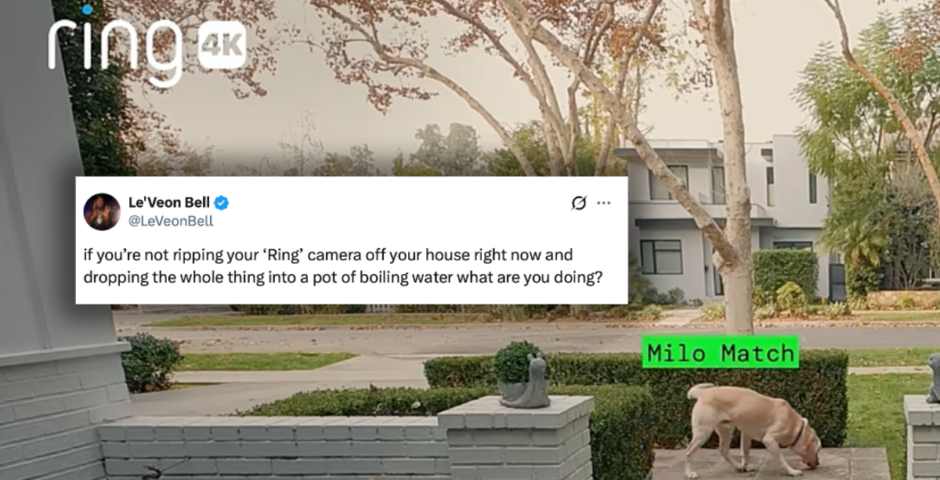
Nottingham College is offering sessions on talking on the phone to help end Gen Z anxiety
A solution to your phone-xiety
Nottingham College is running training sessions on phone confidence and etiquette for Gen Z students with “telephobia”.
Classroom-based lessons are being held to deal with the fear, where students practise role plays of questions commonly asked in interviews. Pupils were also encouraged to call restaurants to ask what time they open, or shops to see if certain products were in stock.
A career advisor at the higher-education college, Liz Baxter, said young people “simply don’t have the confidence” to use the telephone in a formal manner.
She followed up by telling the Daily Mail: “Phone anxiety is something we come across regularly,” and emotional symptoms of this can include delaying or avoiding making calls because of heightened anxiety. This can also involve feeling extremely nervous the days before, during and after the call, or worrying about what you plan to say. Furthermore, physical symptoms can be increased heart rate, nausea, dizziness and muscular tension.
One student at Nottingham College, Evie, said she “hates” talking on the phone unless it is from a family member and how it is “unknown to our generation” and “we’ve grown up texting each other”.
Another student, Jack, said he keeps his phone on silent most of the time because the ringing sound makes him “nervous”.
According to a recruitment expert, young people entering the workplace don’t have experience talking to people over the phone. Instead, they prefer sending texts or emails as an easier option to communicate with colleagues and clients. They said although all the new technology is exciting and very important, it always needs to run alongside traditional calls.
Most Read
A USwitch survey of 2,000 people found that out of 18 to 34-year-olds, 70 per cent prefer a text to a phone call and 23 per cent say they would never pick up a phone call. 48 percent of young people surveyed also said social media was their preferred method of communication and 37 percent would rather use voice messages.
Research suggests phone anxiety is related to thoughts of what the other person thinks of them. Text messaging offers those with phone anxiety a way of making social contact, without the fear of disapproval or rejection.
Ofcom, the communications regulator, has said the total time spent on landline calls in 2018 was 44 billion minutes, down from more than 100 billion minutes just six years earlier. It followed this with suggesting falling call volumes were “symptomatic of a fundamental change in behaviour” as people move towards messaging. However, calls are thought to be the most efficient way of making sales in the corporate world so it is important these skills aren’t lost.
Feature Image via Google Maps and Unsplash




















